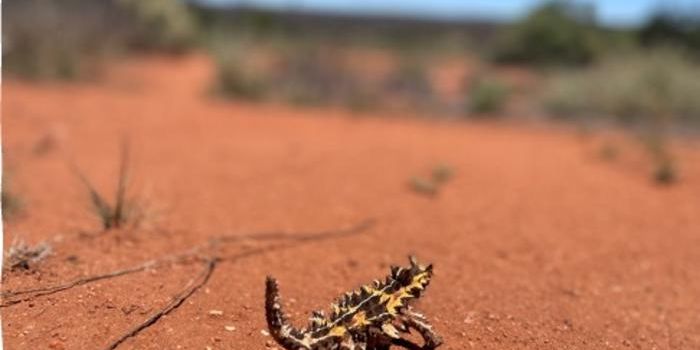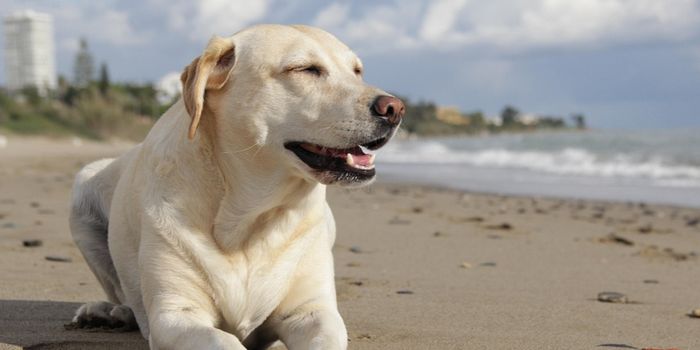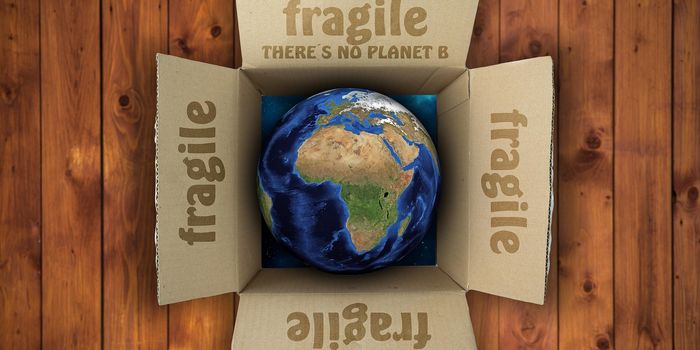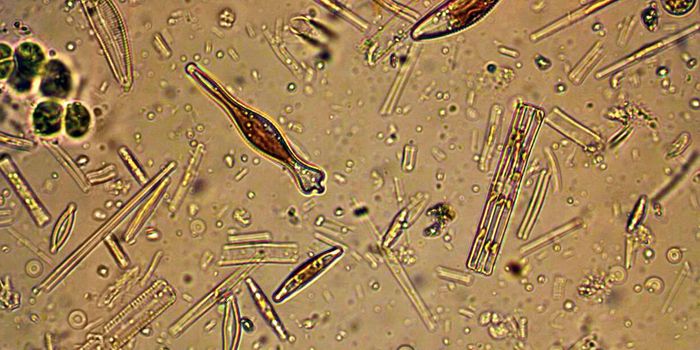Do Solar Storms Cause Dolphins and Whales to Beach Themselves?
Dolphins and whales are some of the most majestic animals of the sea, but for whatever reason, so many seem to beach themselves, a practice where the animal comes up out of the water and strands itself on the beach to die. Sometimes it’s just a single animal, but other times the number can be in the hundreds.
Image Credit: Aleria Jensen, NOAA/NMFS/AKFSC
More than half of the dolphins and whales that beach themselves would otherwise be considered healthy, and have no good reason to do so. There is always the occasional exception to this rule of thumb, including a recent case where a whale actually had a stomach full of plastic bags, which was probably overtly painful and led the creature to suicide, but that was a one-off case.
Why they do this has long been a mystery that has eluded our minds, but scientists closely involved with NASA have started conducting a study of their own and learned that there could be a number of factors at play in terms of why these marine mammals tend to get beached.
Among these factors are gently-sloping beaches, fine-grained sediments, and the inability to use sonar to navigate because of interference with man-made sonar technologies, but perhaps even solar storm activity plays a big role in their peculiar actions.
As solar wind bombards the planet, positively-charged particles are (mostly) deflected away from the planet. Nevertheless, some electronics, such as the GPS satellites orbiting the Earth and numerous electronics on the planet itself, can sometimes act up during these events.
It is believed that these animals have internal compasses that can also sometimes become skewed from solar storm activity. This causes the animals’ internal compasses to go on the fritz, potentially sending them in the wrong direction, where tidal activity, gently-sloped beaches, and other factors then build up upon one another to result in the animals’ beached state.
At this point in time, research has been very minimal. Most of what has been proposed has been the result of speculation, but scientists are working on getting space weather records from NASA, which should be pretty easily available, and comparing it to the records of mass beach strandings to see if there is any correlation.
Scientists seem to have a strong gut feeling about this hypothesis, but until the research is actually carried out, it’s nothing more than a theory. Nevertheless, at the alarming rate at which these animals are getting stranded on beaches, it would at least be nice to have some insight about why this is going on, and to potentially develop a solution that could help to prevent it going forward.
“If we understand the relationship between the two, we may be able to use observations of solar storms as an early warning for potential strandings to occur,” said Katie Moore, the director of IFAW’s global Animal Rescue Program. “This would allow stranding responders in global hotspots, and really around the world, to be better prepared to respond, thus having the opportunity to save more animals.”
The research has a lot of support so far from experts in the field, as well as animal lovers, so it will be interesting to see what the team can uncover from their upcoming research.
Source: NASA









